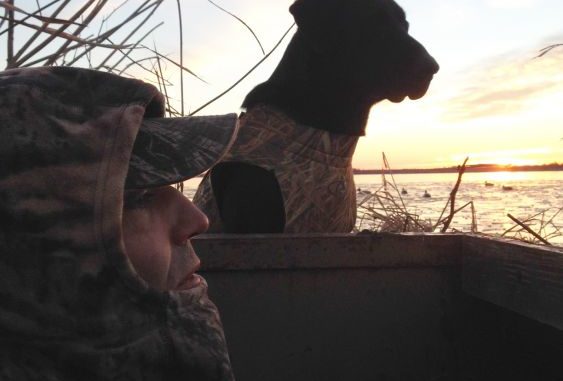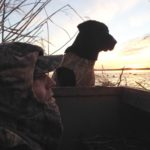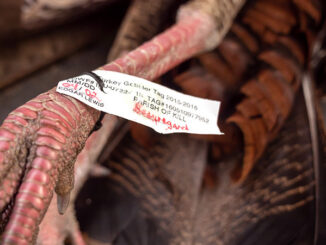
Recalling early assignments on WMAs in Avoyelles Parish
Working migratory game bird seasons — particularly duck seasons — was always one of my favorite parts of the job.
The early years of my career were spent in Avoyelles Parish, where lots of ducks and duck hunters could be found. So a good portion of time in the field was devoted to working duck hunters, which I enjoyed.
During the late 70s and early 80s, waterfowl numbers were high, and the combination of abundant agriculture fields and wetland habitat in Avoyelles brought in lots of ducks. Spring Bayou, Grassy Lake and Pomme de Terre Wildlife Management Areas held (and still hold) some absolutely beautiful waterfowl habitat. All three areas have small isolated lakes, potholes and flooded timber where ducks would pour in after feeding in rice and bean fields, or for a rest stop following a long migration flight.
“That new young game warden”
Duck hunting was as good as it gets, and plenty of hunters flocked in along with the ducks. The majority were local people intimately familiar with trails and waterways, the locations of good potholes and areas in the flooded timber where ducks liked to congregate. Most were good woodsmen and expert duck hunters, truly dedicated to hunting. Many hunted every single day of the season.
I won’t tell you there were no violations. Certainly there were, and the first day of the season in my first fall on the job, another officer and I apprehended some local guys with over-the-limit of ducks. I had moved near Pomme de Terre WMA during the previous summer and was the only enforcement agent living in the area. My presence hadn’t created much of a stir — until we caught those men.
As the season moved along, I issued more citations on the WMAs and the community was buzzing with stories about “that new young game warden.” Some were true and some were not. I did my best to be fair, and wasn’t trying to see how many citations I could issue: At times a verbal warning or a little education were in order.
Points to ponder
I remember one occasion in particular. During those days the point system was used to calculate the daily limit. Each duck had a point value, and the limit was reached when the points for the last ducks taken reached or exceeded 100. For example: Mallard drakes were 25-point ducks., and four could be taken. But a mallard hen was valued at 90. If you had a mallard hen, only one more duck could be taken. Even if it was a duck valued at only 10 points, that was a wrap for the day.
I heard a few shots and went to check the hunter. He was on the edge of a pothole packing up to leave, but it was still early. I checked his license and two ducks. I asked why he was quitting. He gave me a suspicious look and said, “Those are two mallard hens. That’s the limit.” He actually had two gadwall hens worth 25 points each, so I told him they were not mallards and he was not limited out. He didn’t believe it at first, but after I took out the duck ID book and did a little explaining about wing scapulars and coverts and the difference between mallard and gadwall hens he was convinced — and happily went on with his hunt. He must have told several people, because the story got back to me about how the young game warden helped him kill more ducks.
Lessons learned
As mentioned, many of the locals hunted every day of the season and I saw them frequently. Most accepted and appreciated me being around. They were willing to comply with the law and enjoy the whole season, instead of risking getting caught and losing hunting privileges for several years.
Over time I came to know and become friends with quite a few of those local folks. Many good conversations were held while we stood in hip boots in flooded timber, or sat in pirogues. Things they had learned from years of experience were shared: Where little-known trails and roads on the WMAs could be found, where to find ducks depending on the wind direction, who hunted where and many other things I needed to know came from those talks.
They shared good survival and hunting tips too. They showed me how to make a small portable heater from a quart syrup can, a roll of toilet tissue and a bottle of rubbing alcohol. It could be kept in the boat or stored in a hollow tree near a favorite hunting spot and used to warm up and dry out when needed. I learned to use the first ducks shot on a hunt as decoys for the later flights, as well as a few other hunting tricks.
All in all, those days spent working in a place and among people with such a rich, strong hunting tradition were both rewarding and beneficial. I hope today’s “young game wardens” don’t miss the opportunity to share those same experiences.
Got a question? Ask Keith!
If you have a question about wildlife and fisheries enforcement, shoot a note to Keith LaCaze at klacaze15@att.net.




